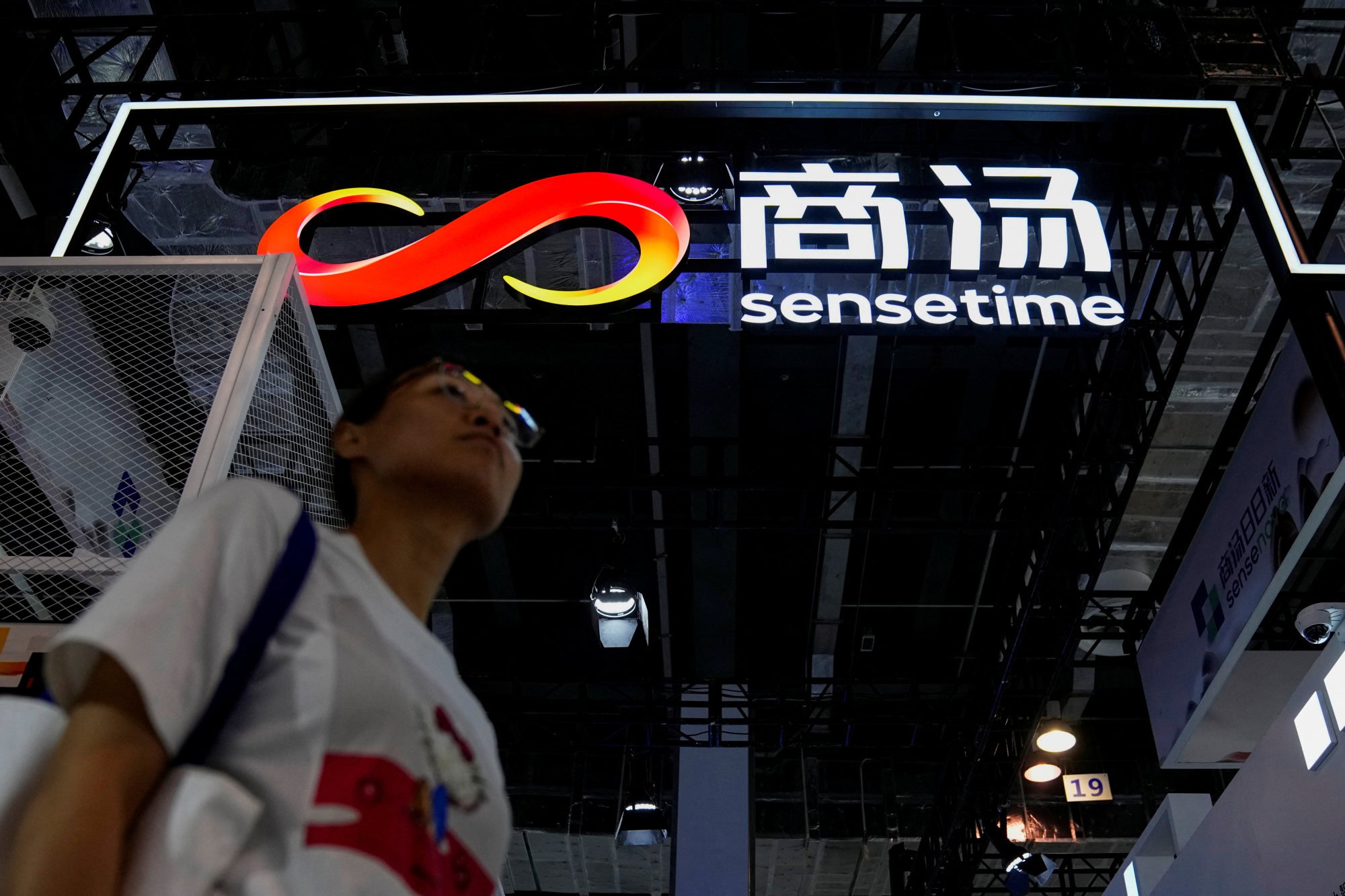SenseTime’s corporate mission – set out by Tang – to create a better AI-empowered future through innovation “will inspire everybody to ascend to the top and complete his unfinished business”, the company added.

Tang, who taught information engineering at CUHK, founded SenseTime in 2014 with a group of computer scientists including Xu Li, an alumnus of the university and the company’s current CEO.
He was born in Liaoning province in northeastern China in 1968. He received his bachelor’s degree in 1990 from the University of Science and Technology of China, located in the Anhui provincial capital of Hefei in eastern China. He moved to the US to further his education, receiving a master’s degree from the University of Rochester in 1991 and a Ph.D. from the Massachusetts Institute of Technology (MIT) in 1996.
How professors in Hong Kong built the world’s largest AI unicorn
How professors in Hong Kong built the world’s largest AI unicorn
With research interests spanning computer vision, pattern recognition and video processing, Tang worked as the group manager of the Visual Computing Group at the Microsoft Research Asia from 2005 to 2008.
His academic career at the Chinese University (CUHK) began in 1998. During his tenure, he mentored many accomplished engineers and computer scientists who would go on to spur China’s lead in facial recognition, pattern recognition and many applications in artificial intelligence.
AI giant SenseTime expands tech application to manufacturing sector
AI giant SenseTime expands tech application to manufacturing sector
SenseTime’s rapid growth over the past decade led to it being referred to as one of China’s “four little dragons” of AI, along with Cloudwalk Technology, Megvii and Yitu.
It went public in Hong Kong in December 2021. The company’s Chinese name Shangtang is an amalgam of the character representing China’s earliest imperial dynasty, with Tang’s surname.
Tang was SenseTime’s largest shareholder, holding 20.63 per cent of the company with 68.28 per cent of its voting rights, according to SenseTime’s interim report in September. With a net worth of US$2.5 billion, he was listed by Forbes as the 33rd richest person in Hong Kong in February.
Facial recognition technology becoming part of everyday life in China
Facial recognition technology becoming part of everyday life in China
SenseTime develops AI technology for applications ranging from autonomous driving to augmented reality and medical imaging. The company has also been doubling down on the development and application of large language models, the technology underpinning OpenAI’s ChatGPT, amid a heated race among Chinese tech giants to come up with their own generative AI products.
SenseTime’s meteoric rise ran into trouble in 2019 when the US Commerce Department placed the company on its Entity List, alongside more than 20 other Chinese firms, for its alleged role in human rights abuses in China’s northwestern region of Xinjiang, where a United Nations committee has said as many as 1 million members of the predominantly Muslim Uygur ethnic group were detained in “re-education centres”.
Companies on the blacklist are prohibited from doing business with American companies without a licence.
SenseTime shares rose 3.3 per cent to close at HK$1.26 (16 US cents) on Friday in Hong Kong. It has lost nearly two-thirds of its price since its shares were listed in 2021 through an initial public offering.

